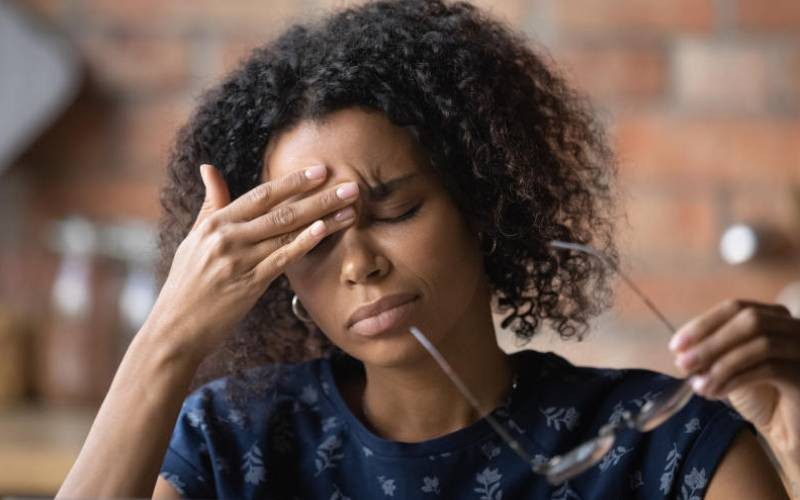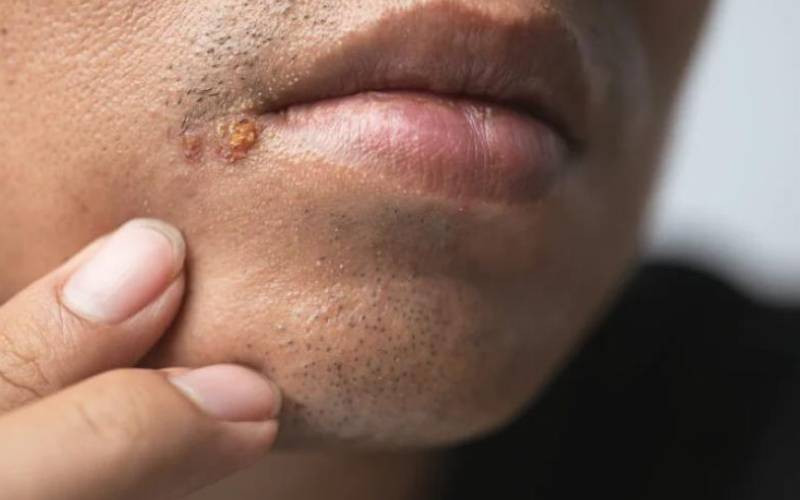
Dear Dr Ombeva,
I have heard of a new virus called Zika. Some people say women should not get pregnant in countries with Zika virus because the babies will be affected. Is there Zika virus in Kenya? And how can we avoid it?
Anastasia
Dear Anastasia,
Zika virus is a mosquito-borne virus that was first identified in Uganda in 1947 in monkeys. It was later identified in humans in 1952 in Uganda and Tanzania. People contract Zika virus by being bitten by an infected Aedes mosquito. The virus causes fever, rash, red eyes, muscle and joint pain, and tiredness, with symptoms that last between two to seven days. In Kenya, there currently is no active risk of Zika virus.
In Brazil, there are reports of an increase in babies born with abnormally small heads (microcephaly) after their mums were bitten by mosquitoes carrying the virus. Investigations are currently ongoing regarding a potential link between Zika virus in pregnant women and small heads (microcephaly) in their babies. In microcephaly the small head is due to abnormal brain development of the baby in the womb. The symptoms of Zika virus disease can be treated with common pain and fever medicines, rest and plenty of water. Once suggestive symptoms are confirmed, a laboratory can confirm the diagnosis by blood tests.
Preventing mosquito bites protects one from Zika virus, and from other diseases transmitted by mosquitoes such as dengue, chikungunya and yellow fever. One could use insect repellent, wearing adequately covering clothes (preferably light-coloured) that cover as much of the body as possible.
Another mode of protection is using physical barriers such as screens, closed doors and windows; and sleeping under mosquito nets. It is also important to ensure that you empty, clean or cover containers that can hold water such as buckets, flower pots or tyres, so that places where mosquitoes can breed are removed. All people intending to travel to South America and neighbouring affected countries should stay informed about Zika virus and other mosquito-borne diseases.
- Dr Ombeva Malande is a paediatrics and child health expert
 The Standard Group Plc is a multi-media organization with investments in media platforms spanning newspaper print
operations, television, radio broadcasting, digital and online services. The Standard Group is recognized as a
leading multi-media house in Kenya with a key influence in matters of national and international interest.
The Standard Group Plc is a multi-media organization with investments in media platforms spanning newspaper print
operations, television, radio broadcasting, digital and online services. The Standard Group is recognized as a
leading multi-media house in Kenya with a key influence in matters of national and international interest.










